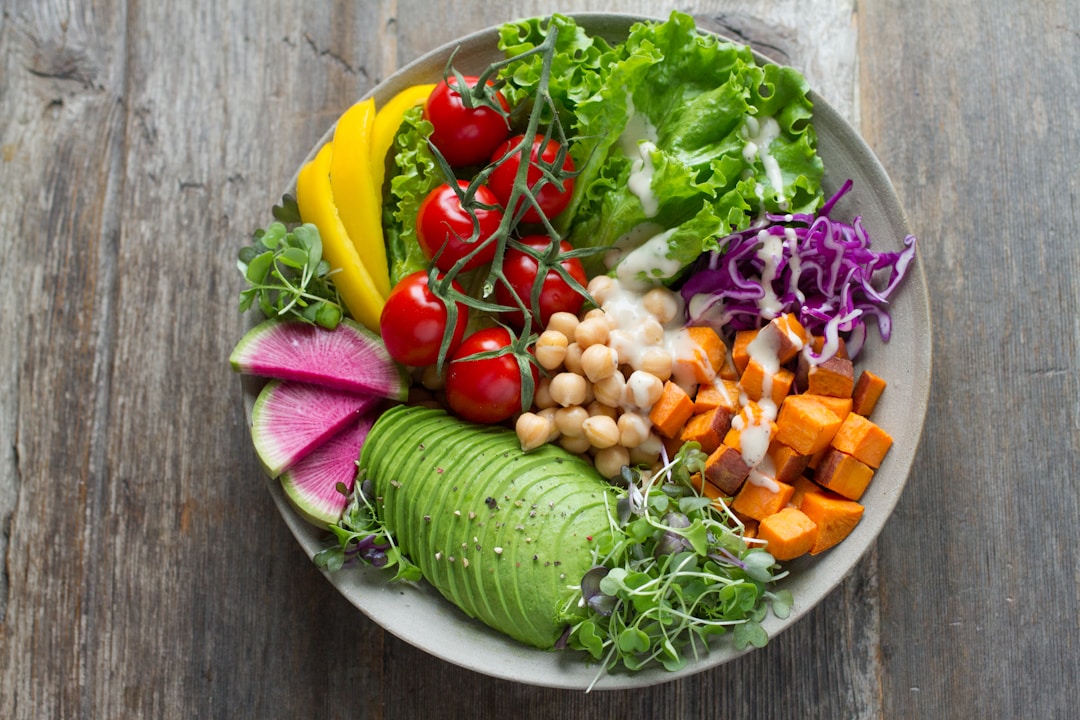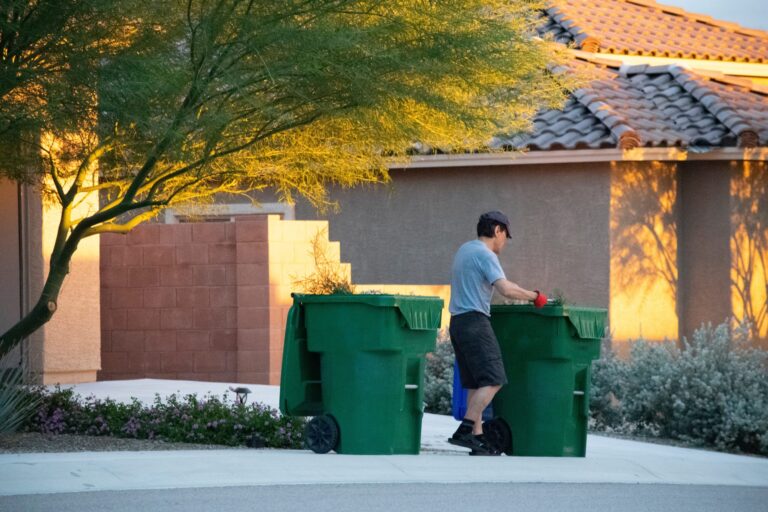Tips for Maintaining Independence as a Senior
An independent lifestyle for seniors promotes better health, boosts self-esteem, and improves the overall quality of life. Achieving self-sufficiency, however, can be challenging due to inevitable age-related issues. In this article, you’ll discover efficient ways to bolster independence among older adults.
The Role of Nutritious Diet in Keeping Seniors Healthy and Autonomous

A well-balanced diet is key to keeping older adults healthy and independent. Good nutrition fights against numerous age-related issues like weakened immunity, diminishing bone density, and reduced energy levels.
Food rich in vitamins, proteins, and fiber can combat potential health risks and reinforce the immune system. A stronger immune system implies less sickness and, therefore, greater independence.
Moreover, a healthy diet protects mental health. Certain foods have been linked to boosting brain function and slowing cognitive decline. These include fatty fish, blueberries, turmeric, broccoli, and pumpkin seeds.
A proper diet also contributes to physical strength and overall energy. A meal plan rich in lean meat, dairy, and beans can support energy levels throughout the day—a crucial factor for maintaining an independent lifestyle.
Connecting Socially: Key to Mental Wellness and Independence
Socializing plays a significant role in preserving mental health and independence among seniors. Engaging in social activities can reduce the risks of depression, anxiety, and feelings of loneliness.
Volunteer work enables older adults to feel active and valued. This contributes to improved self-esteem and a sense of purpose.
Joining clubs or attending community centers helps in establishing and maintaining connections. Sharing experiences with peers promotes an understanding of community and validation.
Financial Management: A Vital Aspect of Independent Senior Living
Financial independence significantly impacts the overall independence of seniors. Having a clear understanding and control of finances allows for self-sufficient living.
A well-planned budget puts older adults in charge of their expenses. Knowing the flow of income and expenditure reduces financial stress and fosters independence.
Employing a financial advisor or utilizing financial management tools can be helpful. Professionals can guide seniors in making informed decisions, ensuring secure financial health.
Implementing estate planning and understanding the entitlements available to older adults is also imperative. This adds a layer of financial security, which in turn boosts self-reliance.
Embracing the Power of Technology for Seniors

Technology serves as a significant boon for older adults seeking to maintain independence. Internet-connected devices can provide various solutions, including remote healthcare monitoring, assisted living, and even simple GPS tracking solutions. This contributes towards a secure yet flexible living environment for the elderly.
Moreover, older adults can use technology to connect with their loved ones, reducing feelings of isolation and loneliness. Tools like video conferencing can enrich seniors’ lives by allowing for frequent and meaningful interactions. For instance, seniors residing at assisted living in Boonton Township, NJ often use technology for virtual visits with family members and friends.
Assistive technology can also aid with daily tasks such as medication management. Mobile apps can send reminders for taking medication and tracking physical health. This technology empowers older adults and reinforces their independence.
Lastly, technology offers opportunities for lifelong learning. Older adults can explore online courses, stimulating their minds and staying engaged with current trends and issues.
The Importance of Physical Fitness in Preserving Independence
Physical fitness is a crucial factor in maintaining independence among older adults. Regular physical activity can help manage chronic conditions, improve balance, and increase strength—reducing the risk of falls and hospitalization.
Exercise not only improves physical health but also promotes cognitive well-being. Activities like dance classes and water aerobics can enhance one’s mood, memory, and mental agility.
Maintaining fitness can also encourage more active social engagement. Participating in group exercises provides an opportunity for seniors to establish social connections while staying healthy.
While professional guidance is advisable for structured physical activity, companion care can bring valuable support. For example, companion care services ensure the appropriateness and safety of exercise routines for older adults.
Overall, maintaining independence gives seniors a sense of control and boosts their overall well-being. It is crucial that caregivers, family members, and seniors themselves prioritize habits and routines that will promote independent living.




